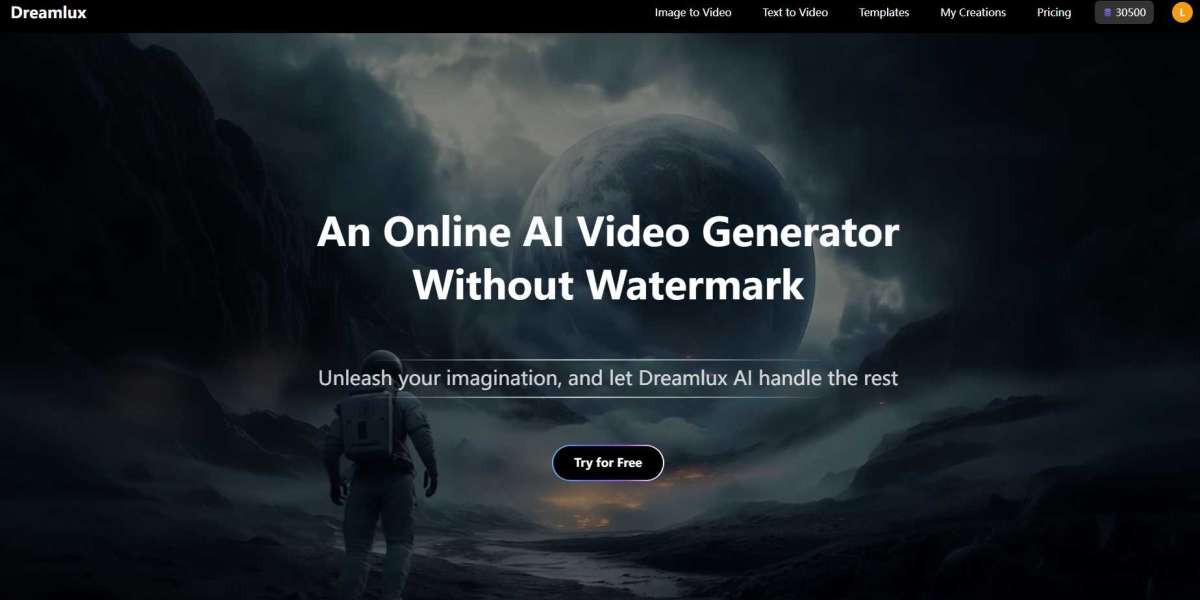In 2025, tech behemoths like Amazon, Microsoft, Google, and Meta are initiating an unprecedented $320 billion investment in AI infrastructure, despite the emergence of more efficient AI models from competitors such as DeepSeek. This bold financial commitment underscores these giants’ unwavering belief that AI's future necessitates significant infrastructure investments, irrespective of—or perhaps driven by—the breakthroughs in efficiency. The collective capital expenditure on AI infrastructure is projected to increase by 30% compared to the $246 billion spent in 2024. While investors may harbor doubts about the necessity of such aggressive spending, industry leaders are resolute in their belief that AI offers transformative potential that justifies every penny. Amazon is at the forefront of this massive AI spending spree, with plans to allocate $100 billion for capital expenditures in 2025, a substantial increase from its $77 billion outlay in the prior year. According to a report by Business Insider, AWS Chief Andy Jassy describes AI as a “once-in-a-lifetime business opportunity” necessitating rigorous investment. Microsoft echoes this optimism with CEO Satya Nadella setting aside $80 billion for AI infrastructure in 2025. The company’s continued success in AI ventures is evident through Nadella's disclosures of a $13 billion annual revenue from AI and a 175% year-over-year growth. He cites Jevons paradox, suggesting that enhancing AI's efficiency and accessibility will trigger unprecedented demand. Alphabet Inc., Google's parent company, is investing heavily, with a $75 billion infrastructure commitment in 2025, surpassing analysts’ expectations of $58 billion. Despite concerns about cloud expansion and AI strategy, CEO Sundar Pichai is confident in Google's ongoing product innovation. Meta is adopting a distinctive approach by channeling $60-65 billion into capital expenditures for 2025, up from $39 billion in 2024. The company is advocating an “American standard” for open-source AI models, garnering investor attention, particularly given Meta’s success in monetizing AI through advanced ad targeting. The emergence of DeepSeek's efficient AI models has sparked debate among investors. Jesse Cohen from Investing.com highlights the growing demand for tangible returns on existing AI investments. However, Wedbush's Dan Ives dismisses these concerns, comparing DeepSeek to “the Temu of AI” and asserting that the revolution is just beginning. Market reactions to these ambitious plans have been mixed. Meta's strategy has been positively received by investors, while Amazon and Google have faced skepticism, losing 5% and 8% in stock value, respectively, following earnings call announcements. Tech leadership remains undeterred, viewing robust AI infrastructure as vital for future success. The magnitude of infrastructure investments indicates a reality: technological advancements in AI efficiency are accelerating rather than slowing the race. As major tech companies channel unprecedented resources into AI development, they bet that increased efficiency will expand rather than limit the AI services market. This perspective sees DeepSeek’s achievements not as a threat, but as further validation of AI's growing potential. Ultimately, Silicon Valley's message is clear: the AI revolution requires substantial infrastructure investments, and tech giants are fully committed. The pressing question is not whether to invest in AI infrastructure, but whether the $320 billion investment will suffice to meet the anticipated demand surge with solutions like photo to video ai (https://dreamlux.ai/image-to-video-ai). As we delve into the future trajectory of AI developments, it's essential to reflect on how these technological advancements are reshaping not only the industry but also other creative fields. This exploration naturally leads us to consider the robust opportunities that AI brings to video content creation. The Future of AI in Video Content Creation Videos are one of the most powerful content formats today. Whether you’re a content creator, entrepreneur, educator, or business owner, videos help you engage with your audience. But creating high-quality videos is often time-consuming and expensive. Here’s why AI video generator (https://dreamlux.ai) like Dreamlux is a game-changer: • Saves Time: Create professional videos in minutes. • Cost-Effective: No need for expensive software or professional video editors. • No Watermark: Many free AI video generators place watermarks, making your content look less professional. Dreamlux offers watermark-free video creation at no cost! • User-Friendly: No design or technical skills? No problem. Just type your text, choose a template, and let AI do the rest. • Customization: Add text, animations, voiceovers, and stock media for a polished, studio-quality look. Why Choose Dreamlux Image to Video AI (https://dreamlux.ai/image-to-video-ai)? There are many AI video tools available, but Dreamlux stands out for several reasons: • No Watermarks: Unlike many AI tools, Dreamlux provides clean, professional videos without any distracting logos or watermarks. • Fast High-Quality Output: Dreamlux generates smooth, visually appealing videos in minutes. • User-Friendly: No advanced editing skills required! Just enter a prompt and upload an image, and the AI takes care of the rest. 图片: https://fluenty.turingsynimages.work/seo/image.jpeg How to use Dreamlux to generate AI videos from Images? Follow the steps to convert your images to video at Dreamlux.ai: • Go to Dreamlux.ai (https://dreamlux.ai) • Select "Image to Video", upload an image, and then enter a prompt. • Click the create button and let Dreamlux’s AI create your video. • Download Share – Once your video is ready, download it in high quality—without any watermarks!
- New Joined Students
-

It is a long established fact that a reader will be distracted by the readable content of a page when looking at its layout The point of using Lorem Ipsum.
Contact Us
© 2025 StudentInsta. All rights reserved.
 Meet Ups
Meet Ups
 Experiences
Experiences
 Learning Center
Learning Center
 Accommodation
Accommodation
 Roomie
Roomie
 Ride
Ride
 Spread the Word
Spread the Word
 Student Bazaar
Student Bazaar
 Jobs
Jobs
 Blogs
Blogs
 Sobre StudentInsta
Sobre StudentInsta
